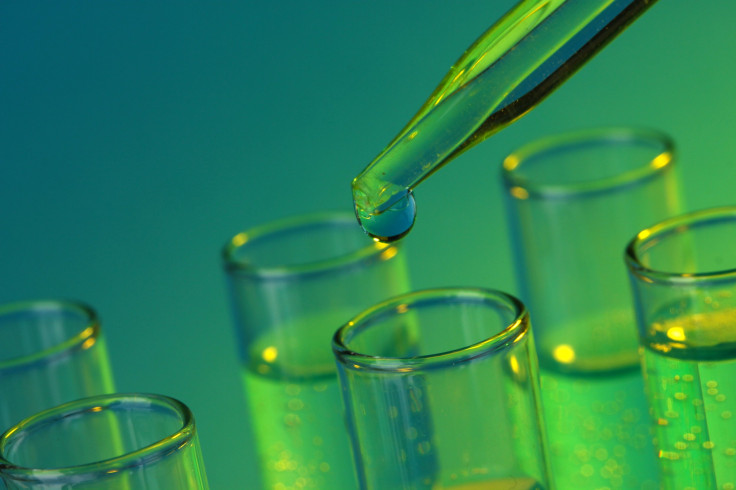Spontaneous HIV Cure: How Studying Patients' DNA Can Help Naturally Suppress The Virus

Anyone who’s seen a movie about a viral outbreak knows the cure is usually found in the patient who, even though infected, fails to show any symptoms. Although this plot twist makes for the perfect Hollywood ending, it’s also somewhat based on truth. It is possible to find the cure for a disease in the bodies of those who possess a natural immunity. A new study on HIV patients able to naturally control their virus brings hope for leading to developments of new treatments and even possibly a cure.
Yesterday, French scientists claimed to have found the genetic mechanism necessary for a “spontaneous cure” in two HIV-infected men. These men, although infected with HIV, never went on to develop AIDS symptoms, AFP reported. The virus instead remained in their immune cells but was inactivate because its genetic code had been altered.
These men were part of a rare group of people who are naturally able to control their HIV viral replication, thus keeping the virus at clinically undetectable levels. Referred to as elite controllers, this group accounts for less than one percent of the entire HIV-infected population.
How the elite controllers were able to keep the virus at bay has eluded researchers for decades. In a recent study, now published in the journal Clinical Microbiology and Infection, the researchers studied blood samples from the two HIV-infected volunteers, a 57-year-old man who was diagnosed HIV-positive in 1985 and a 23-year-old who was diagnosed in 2011. Further analysis showed that the virus was unable to replicate in immune cells in both patients due to the mutation in its code. This, they explained, was due to a random evolutionary mutation called endogenization.
AFP reported that today most scientists have tried to rid all traces of HIV from human cells in an effort to eradicate the virus. However, the researchers of this study suggest that an opposite approach may be needed. "Integrated HIV DNA is not a barrier, but on the contrary, may be the prerequisite to HIV cure," the study authors wrote. "We propose that [an] HIV cure may occur through HIV endogenization in humans."
True Hope For A Cure?
Not everyone in the science community is as quick to call this latest study a step toward curing AIDS. "If it came across my desk for review, it would get short shrift, to be honest," University of Nottingham Molecular Virology Professor Jonathan Ball told AFP, insisting the team had provided "no evidence" of a functional cure. Others are more flexible with Dr. Sharon Lewin, director of the Doherty Institute for Infection and Immunity in Melbourne, Australia, claiming the study “has some merit.”
HIV is not the only virus whose cure is believed to lie in the genetics of those with a natural immunity. Researchers also believe that the cure for Ebola may lie in the blood of those who possess a natural immunity. “It’s fair to say that some people are immune,” said Robert F. Garry Jr., a Tulane University expert in hemorrhagic fevers who works in Sierra Leone, to The New York Times. “But we don’t know if it’s one percent or two percent or 20 percent.”
Doctors hope that antibodies could be harvested from the blood of the immune to new Ebola victims. However, this treatment option is not yet available.
Source: Colson P, Ravaux I, Tamalet C, et al. HIV infection en route to endogenization: two cases. Clinical Microbiology and Infection. 2014.



























